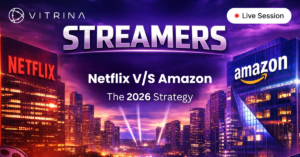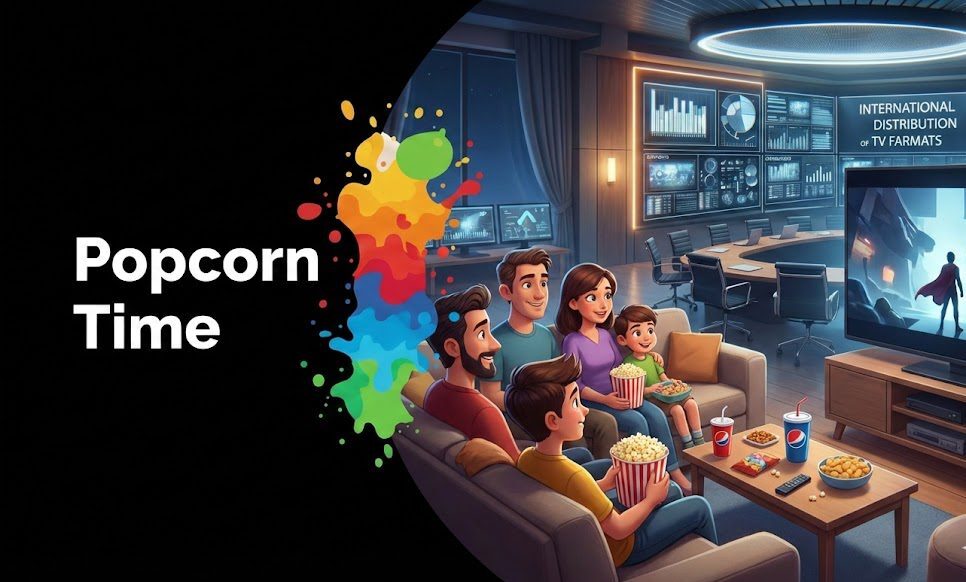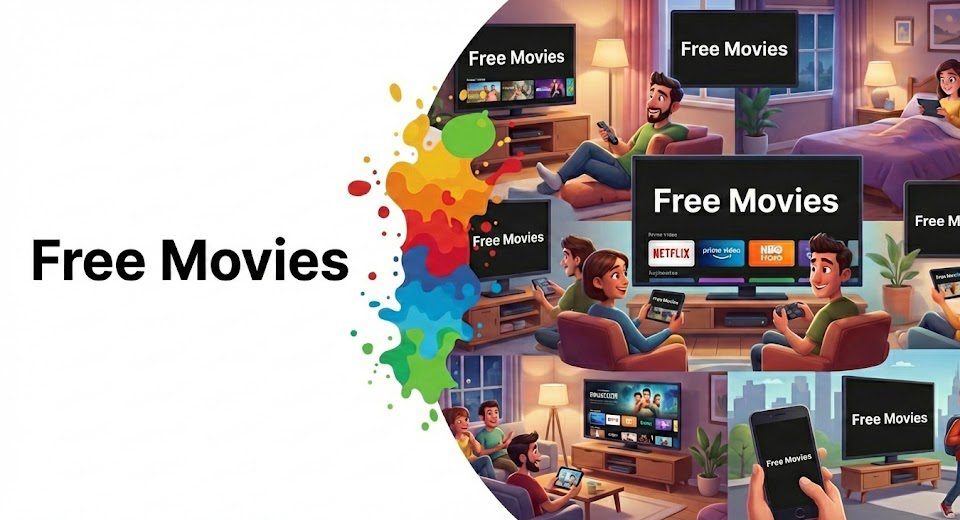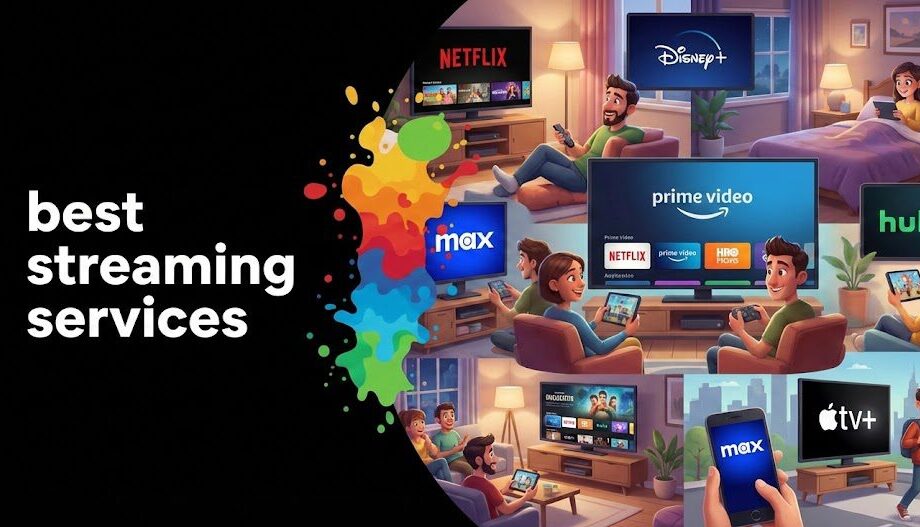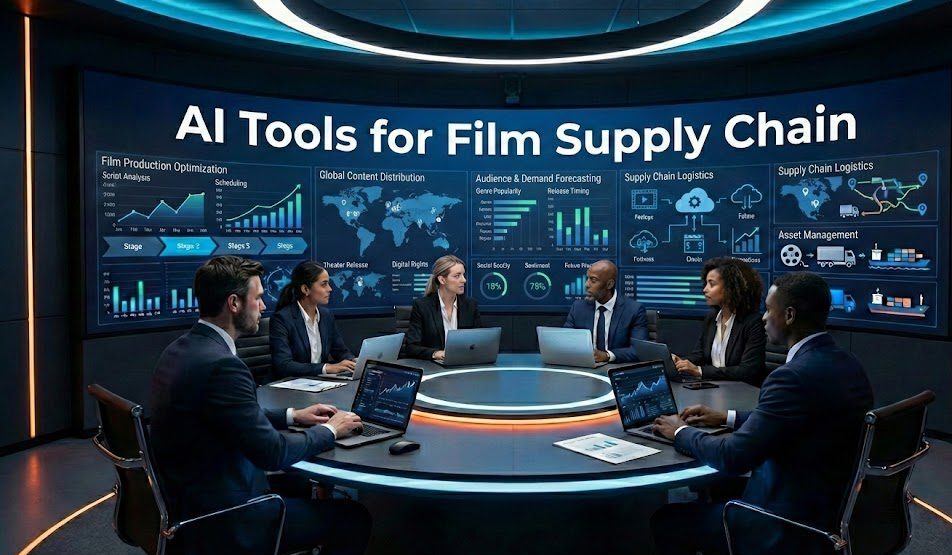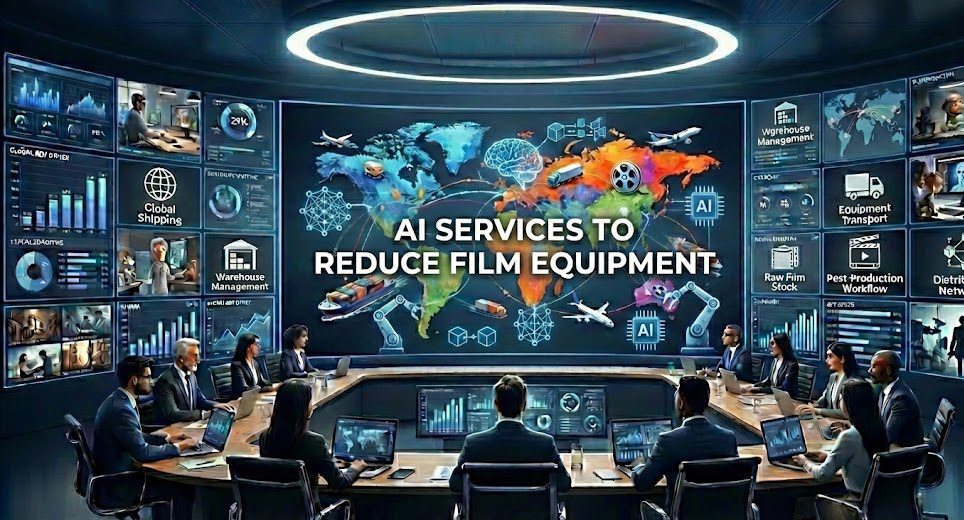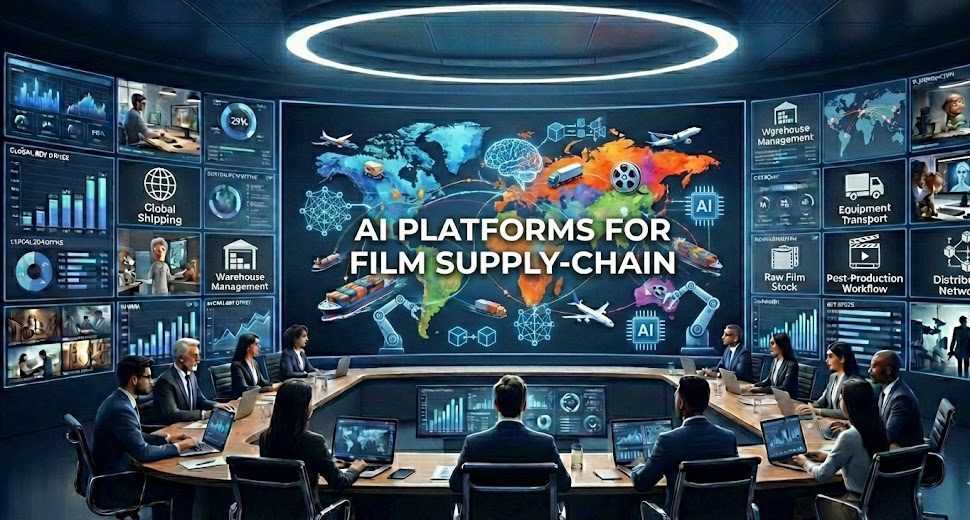Introduction
Are you curious about how production deals work in the world of film and television? Whether you’re a producer, studio exec, content financier, or service vendor, understanding production deals is crucial for making strategic, informed decisions. In this article, you’ll uncover everything from the basics of what a production deal is to the complex structures and stakeholders that shape these agreements.
💡 By the end of this article, you’ll know:
- How different types of production deals work
- What key players are involved
- The strategic value and benefits of structuring the right production agreement
- How platforms like Vitrina help industry professionals secure and manage production deals smarter and faster
Let’s dive into the world of production agreements and unlock the blueprint to successful film and TV project execution.
Fast-Track Your Production Partnerships

What is Film Project Tracking?
Film project tracking involves monitoring the lifecycle of a film or TV project, from its inception in development to its debut on screens. It includes tracking:
- Project stages: Development, Pre-Production, Production, Post-Production, Release
- Key collaborators: Production houses, financiers, distributors, and service providers
- Metadata: Genres, budgets, languages, and target demographics
- Market activity: Who’s financing, co-producing, or acquiring the project
This comprehensive insight allows stakeholders to stay informed, make timely decisions, and identify high-value opportunities.
What is a Production Deal?
A production deal is a formal agreement between a producer, production company, or content creator and a studio or financier to develop, finance, and/or produce a film or television project. It defines responsibilities, funding, ownership rights, creative control, and profit-sharing mechanisms. These deals are the engine that powers entertainment production—turning concepts into screen-ready content.
Production deals can span everything from a one-off project to multi-title slates, development agreements, or long-term first-look contracts.
Types of Production Deals in Film & TV
Understanding the types of production deals helps industry players choose the right model based on goals and resources:
1. First-Look Deals
Producers offer new ideas to a studio first before pitching elsewhere. The studio gets priority access in exchange for funding or retainers.
2. Overall Deals
The studio provides ongoing support, often including office space, salaries, and development budgets, in exchange for exclusive content output.
3. Co-Production Deals
Two or more parties co-invest in production and share revenues, rights, and responsibilities. Popular in international collaborations.
4. Development Deals
Studios invest in early-stage concept development. May or may not lead to full production.
5. Service Production Deals
Focused on using third-party vendors or regional partners to provide production/post/localization services for specific projects.
Get Real-Time Production Deal Intelligence

How a Production Deal Works
A production deal typically follows this lifecycle:
- Concept Development: Creator pitches to studio or financier.
- Negotiation & Structuring: Scope, rights, financial terms, IP ownership, deliverables, and schedules are defined.
- Greenlight Phase: The studio decides on proceeding with full production.
- Execution: Budget disbursement, hiring teams, location scouting, shooting.
- Post-Production & Delivery: Editing, localization, marketing, distribution.
Legal advisors, finance teams, and production managers play crucial roles in executing the deal terms.
Key Players in a Production Deal
A successful production deal involves a range of stakeholders:
- Production Companies
- Studios & Financiers
- Executive Producers
- Sales Agents & Distributors
- Lawyers & Legal Teams
- Talent Managers and Agents
- Post-Production & Localization Vendors
Each player has a distinct role in funding, execution, and monetization.
Benefits of a Production Deal
Production deals are strategic power tools for studios and content creators:
- Secured Funding & Reduced Risk
- Access to Talent and Global Networks
- Streamlined Project Execution
- Revenue Sharing & Long-Term Partnerships
- Scale Up Through Slate Deals or Co-Productions
Challenges in Securing a Production Deal
Despite their appeal, production deals come with complexities:
- Negotiation Bottlenecks
- Uncertainty in Content ROI
- Rights & IP Conflicts
- Regulatory Barriers (especially cross-border)
- Finding the Right Collaborators
How Vitrina Helps with Production Deals
Navigating the global supply chain and structuring the right production deal is no small feat. Vitrina helps you make it easier and more precise by:
- Tracking Projects: Use the Vitrina Global Film+TV Projects Tracker to discover what’s in development, production, and release stages globally.
- Identifying the Right Partners: Search and qualify production houses, financiers, and service vendors across 100 countries.
- Accessing Verified Decision-Makers: Tap into leadership and executive contact data mapped to each company and department.
- Outreach Support: Premium members get help with introductions and outreach to potential partners.
- Data API Integration: Plug into Salesforce or HubSpot and empower your team with real-time, production-deal intelligence.
Whether you’re scouting partners in LATAM or negotiating co-pros in Europe, Vitrina’s market intelligence gives you the edge.
Conclusion
Production deals form the backbone of global content creation and financing. Understanding the nuances of these agreements—types, players, benefits, and risks—can significantly enhance your strategy in the entertainment ecosystem. And with platforms like Vitrina, you can find partners faster, make smarter decisions, and lead projects to success.
Frequently Asked Questions
No. A production deal involves the creation and funding of content, whereas a distribution deal focuses on how that content reaches audiences.
Producers benefit from upfront financial backing; studios benefit from early access to creative content.
Co-productions share rights and revenues, while service deals involve outsourcing production tasks to third-party vendors.








